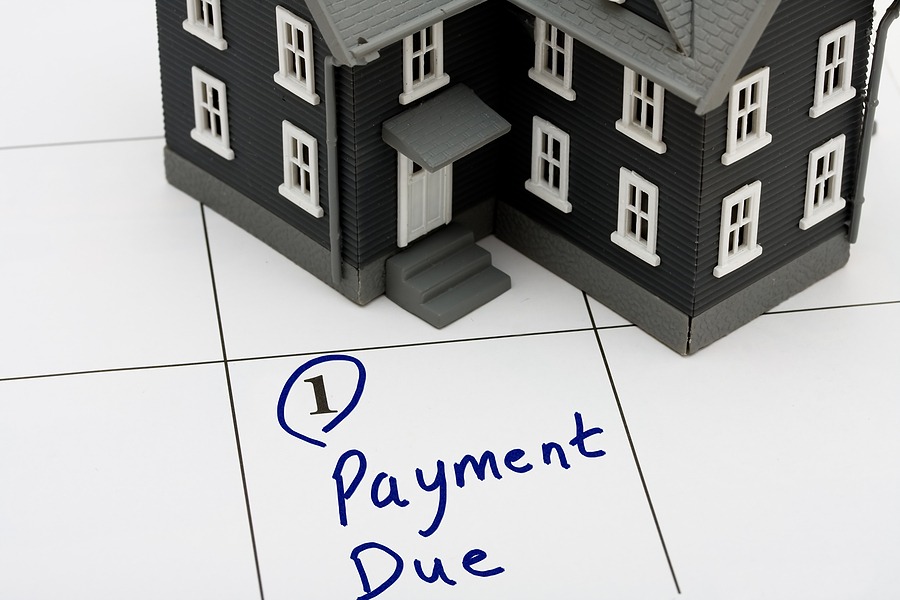
Home Equity is defined as the difference between your home’s value and your mortgage balance.
Over time, the equity in your home increases in one of two main ways:
- Mortgage Payments – Making consistent principal payments each month.
- Market Value – When home prices rise, so does the value of your home.
Building equity in your home is often considered a long-term financial strategy for building wealth. That said, there are several ways to rapidly increase the equity in your home, including making a sizable down payment, paying more than your monthly mortgage payment, and refinancing your mortgage to a short-term loan.
Continue reading to learn more, including what you can do with the equity in your home.
Make a Large Down Payment
A down payment provides instant equity in your property. While many people strive for a 20% down payment to avoid paying private mortgage insurance, any amount above and beyond the bare minimum is excellent! Keep in mind, the bigger the down payment, the lower your monthly mortgage payment will be (and the greater your home equity will be).
Pay More Than Your Monthly Mortgage Payment
While your mortgage payment includes everything from your principal loan payment, as well as interest, taxes, insurance, etc., it’s important to be aware that you can always pay more specifically towards the principal amount of your loan– meaning 100% of your payment is applied directly towards your loan balance. The more you’re able to apply towards the principal, the quicker your loan will be paid and, ultimately, your equity will increase as a result.
This can be done in several ways, including adding a specific sum towards the principal amount (in addition to the minimum payment due), switching to a biweekly mortgage payment schedule, or utilizing extra money- such as tax refunds- towards paying down your mortgage loan. Consult your mortgage provider to determine what’s best for your specific financial situation.
Refinance to a Short-Term Loan
Buyers often choose 30-year mortgages when purchasing a home. However, financial circumstances tend to change over time and it may become necessary to refinance due to low interest rates or simply the desire to pay off a mortgage loan in a shorter amount of time. Choosing to refinance can absolutely help to boost the equity in your property. Typically, 15-year mortgages come with lower interest rates and, therefore, a larger portion of the payment is applied towards the principal amount and not the interest, as opposed to 30-year mortgages which have a longer life-span and, therefore, greater interest.
What Can You Do With The Equity in Your Home?
As you know, life can be unpredictable! When homeowners find themselves hit with unexpected expenses, it’s possible to access cash by tapping into equity through either a home equity loan or line of credit.
This is also why many people view mortgage payments as a type of “forced savings,” given that the money paid towards a mortgage loan may eventually be utilized for emergencies down the road.
At GoPrime Mortgage, our experienced loan officers are here to help – whether you need guidance selecting the type of home loan that’s right for you, or mortgage pre-approval and refinancing. Let us help you achieve the dream of homeownership!